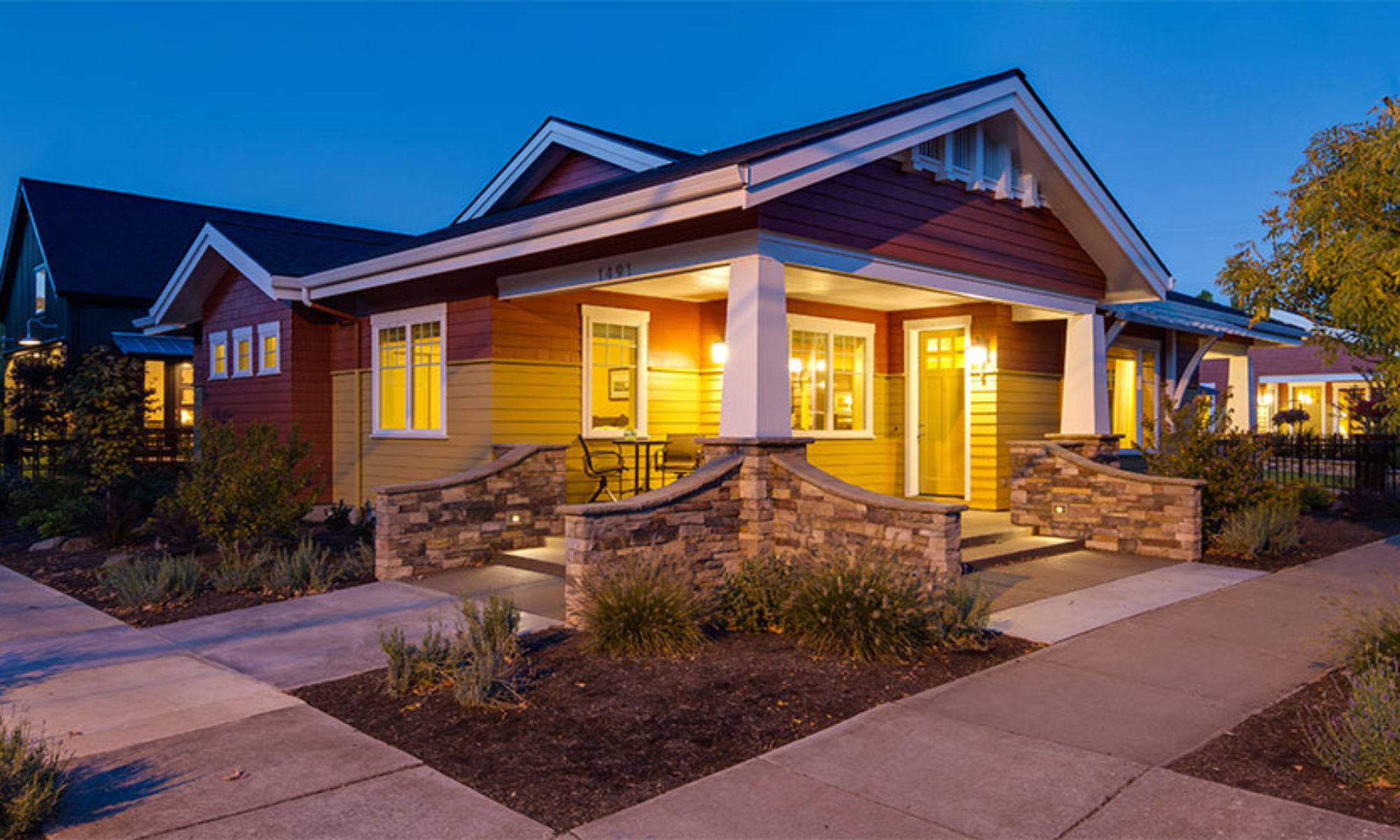 In October 2002, I bought a new 2003 VW Turbo S Beetle. 6-speed. Fast. Loved it.
In October 2002, I bought a new 2003 VW Turbo S Beetle. 6-speed. Fast. Loved it.
In June 2009, we bought our lot where we now have our new home. The idea was to be able to walk more and be less car-dependent.
In June 2015, we moved into our new home. From day one, we decided we would see if we could live using only one car. The Beetle had 111,000 miles on it. Our thought was, if we could do this thing, we would sell one of our cars. We have been blessed to have two cars our entire married life.
I started riding my bike to work. Every day. We walked most everywhere on the weekends. I would start and drive the Beetle every once in a while just to keep it running. I bought a battery trickle charger for those weeks I would forget to start the car.
Now, one year later, and 130 miles more on the Beetle (yes, I only drove it 130 miles in a year), we put it on Craigslist and within four days it was sold. A little bittersweet, I must say, because I’ve had the Beetle almost 14 years. It’s been a good little car. It’s been a fun little car to drive.
But times change. Lifestyles shift. And we are in a new chapter of our lives.
Has this last year using only one car been easy? Actually, yes it has. I’ve enjoyed biking to work. I biked a lot prior, but now it’s even easier and more direct. We have enjoyed walking more. The bus, when needed, is actually quite easy and convenient most of the time. I still have my Car2Go app for when we take Amtrak to PDX or SEA. We’re still hoping they come back to Eugene someday.
And I just downloaded the Oregon Taxi app today. Just in case.
Bye bye Beetle.











